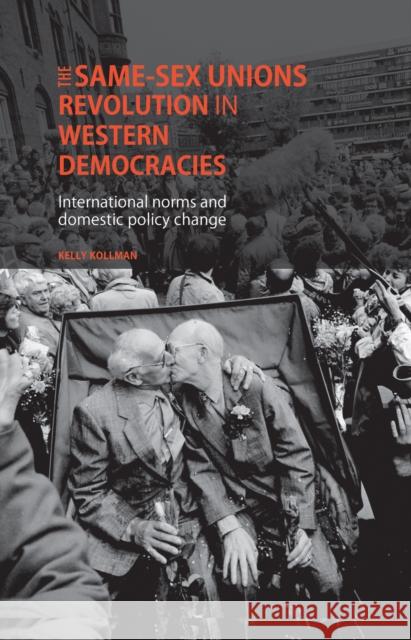The Same-Sex Unions Revolution in CB: International Norms and Domestic Policy Change » książka
The Same-Sex Unions Revolution in CB: International Norms and Domestic Policy Change
ISBN-13: 9780719084539 / Angielski / Twarda / 2013 / 232 str.
This book examines the development of same-sex unions policy (SSU) in eighteen western democracies and seeks to explain why the overwhelming majority of these countries have implemented a national law to recognise gay and lesbian couples since 1989.
The author argues that this dramatic wave of SSU policy adoptions across Western Europe and North America is, to a significant degree, the product of international norm diffusion and socialisation. The first part of the study traces the creation of a norm for relationship recognition within the European polity, and describes how this norm has catalysed policy change in many western democracies. The second part examines these processes in greater depth using two comparative case studies (Germany and the Netherlands; the United States and Canada) to identify how the norm has influenced domestic policy debates as well as which factors determine the power it can exert in different national settings.
Challenging much current theorising about the domestic translation of international norms that focuses on institutional factors, this analysis reveals that culture especially religious values, international norm legitimacy and public conceptions of human rights also profoundly influences how countries have received the SSU norm as well as their decisions about whether and what kind of SSU law to adopt; marriage, registered partnership or unregistered cohabitant.











